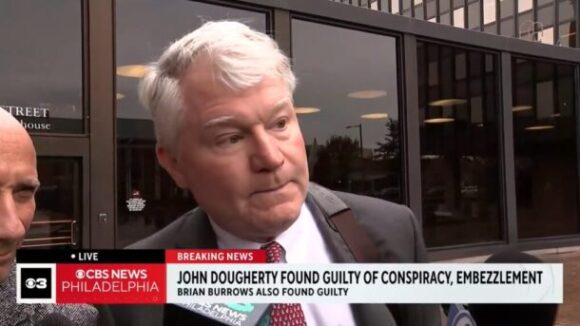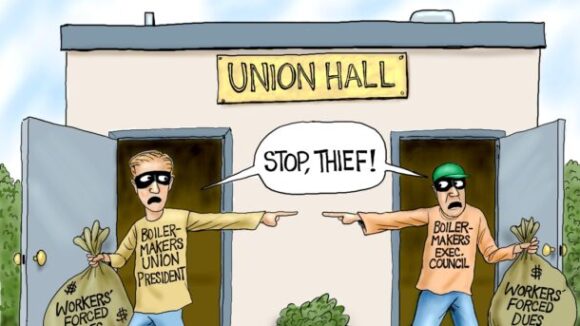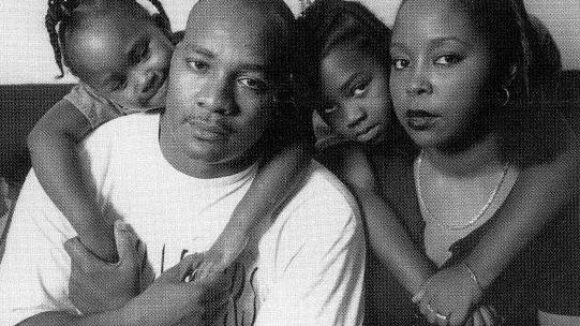Some things just never seem to change. Forced unionism continues to breed corruption.
An August 12 article by Steven Greenhouse and William K. Rashbaum in the New York Times is a case in point:
Citing continued corruption, a federal judge has ordered a one-year extension of government oversight of the New York City carpenters’ union, which has spent 14 years under supervision.
Judge Charles S. Haight Jr. of Federal District Court in Manhattan pointed to widespread off-the-books work and the bribery convictions of several shop stewards in ordering the extension in a decision issued on Friday. Under the government’s supervision, Judge Haight and an independent investigator oversee the union.
The union, the New York City District Council of Carpenters, which represents 25,000 carpenters, had asked Judge Haight to end the supervision, saying that the union was no longer under the influence of the Genovese crime family. The union signed a consent decree in 1994 agreeing to court-appointed supervision after federal prosecutors filed a civil racketeering lawsuit alleging that organized crime figures held sway over the union and assigned mob-linked workers to high-paying and no-show jobs at many sites, including the Jacob K. Javits Convention Center.
The carpenters’ request to end supervision was undercut last week when a dissident candidate in a union election was harassed and assaulted at a candidates’ forum that was held in the auditorium of a Catholic school in Manhattan.
According to witnesses and accounts provided to the union’s independent investigator, the candidate [William Davenport] was beaten unconscious outside after the meeting on Aug. 5 by a group of men who had been yelling during the forum.
On Monday, in response to the assault, Judge Haight issued a memorandum urging union leaders to ensure that there would be no more beatings at candidates’ forums. He also directed the union and the United States attorney’s office in Manhattan to inform him of the results of a Labor Department investigation into the attack.
Judge Haight rejected the union’s assertion that the standard for ending court-ordered supervision should be whether mob control of the union had ended. The judge, accepting the arguments of the United States attorney’s office, instead concluded that the standard should be whether all forms of corruption and labor racketeering had been eradicated.
Judge Haight cited federal criminal cases brought against the construction contractors On Par, Boom Construction and Tri-Built, which prosecutors said had saved on wages and benefit payments by employing carpenters off the books, with shop stewards often being bribed to turn a blind eye to the practice. The contractors paid far less into the health and pension funds than they were supposed to, prosecutors said.
Judge Haight wrote that the shop stewards and other union officials “played vital roles in facilitating, enabling or abetting the employers’ fraud” by failing to supervise job sites or keep track of hours worked.
The judge also noted that rank-and-file carpenters had reported serious corruption earlier this decade. Investigators later found that out-of-work political supporters of union leaders were frequently allowed to jump the job-referral line and were assigned jobs before many carpenters who had been out of work longer.
In asking that supervision be continued, the United States attorney’s office cited a “culture of corruption that continues to impede efforts to fight that corruption.”
Read on.


